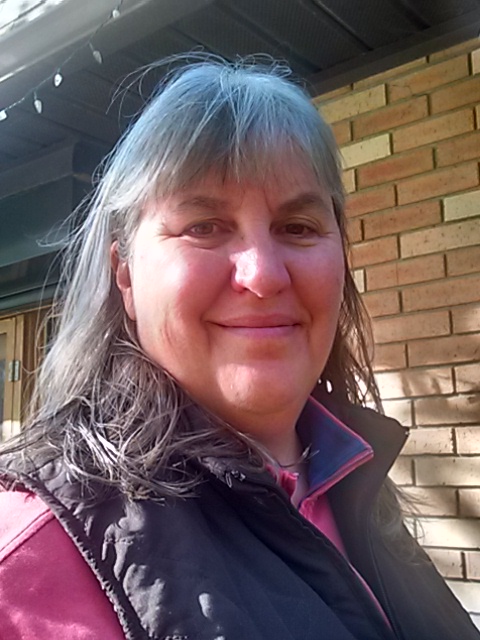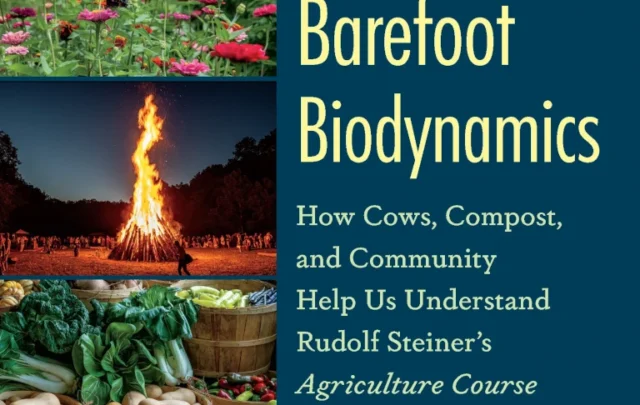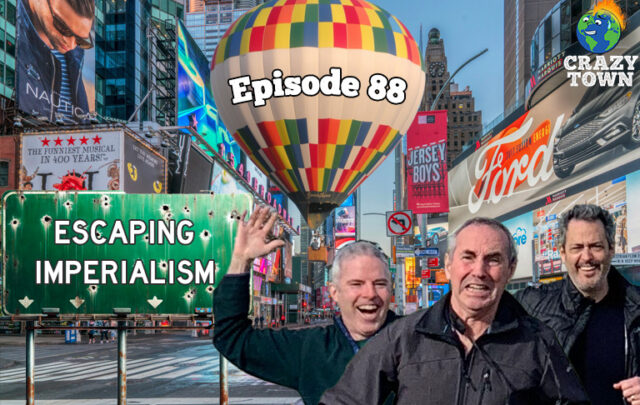The world’s population of humans stands at the edge of rapid change and the future appears unimaginable. The greatest challenge (and danger) we face is climate change. We are faced with the undeniable fact that if we don’t stop adding green house gas emissions to the atmosphere our planet is going to overheat and the consequences are already catastrophic. In order to stop emitting green house gases we need to stop burning fossil fuels, hopefully replacing our energy needs with renewable sources.
Current events (a global pandemic and the Russian invasion of Ukraine) have cast a glaring spot light on just how vulnerable society is, and how dependent we are on burning fossil energy. It will be difficult to transition to renewables quickly enough to address climate change, while still meeting our needs. Our economic system relies on inexpensive portable supplies of energy, access to credit, good paying jobs, global trade, and the relatively free circulation of money. Supply chain issues, labor shortages, inflation, and increasingly expensive energy and credit are disrupting the global economy. A former US president who refuses to concede that he lost the election, Putin’s decision to invade Ukraine, a global pandemic…have frayed social and political cohesion across the world.
As the world struggles to address problems that are feeding into each other and creating more problems, it is becoming clear that nations and people are willing to fight to control resources. As humanity responds to multiple threats of environmental breakdown, limited resources, higher prices, and social unrest, government institutions are failing because some choose to control government in order to be the ones who decide our fate. Nationalism is bending towards authoritarianism. “In many cases, a nationalist government attempts to consolidate power by exerting control over alternative branches of government and alternative sources of information. The primary targets are the executive, legislative, and judicial branches, as well as the media and the universities. The goal is to eliminate any sort of “checks and balances” that might restrict the ability of outside forces to constrain the power of the regime.”
Liberal and conservative values are both important aspects of society. They define the ebb and flow of change; sometimes we must be open to new ideas, sometimes we must enclose and protect current values. What we are witnessing across the world is the struggle between rule of law decided by people, and rules enforced by ‘strong men’ leaders. The problem with rule of law is when some refuse to follow these laws, breaking down institutions that protect society. Institutions can only work when a majority of society agrees to follow the rules. Institutions only work when we as a people, determined to govern ourselves, address the problems we face as a society. If we can’t agree upon a course of action together, our lack of cooperation will lead to failure.
Institutions themselves can become ossified and unable to enact change that is necessary. This may be the case today. Perhaps we need many, small groups and inspired individuals to change what they can and in the process change everything. It seems to me that change that happens organically in a world that is experiencing so many problems might be preferable to top down imposed changes, simply because one size won’t fit all. What works in one place is not likely to work everywhere.
There are roughly eight billion humans on the planet who all want to survive. There will be eight billion attempts to change what we can resulting in perhaps a few thousand successes, but multiply a few thousand success by even two iterations and we might be surprised by what humanity can accomplish. One thing is for sure, we won’t survive if one man or nine men take control of our future.
Photo by Yeshi Kangrang on Unsplash






